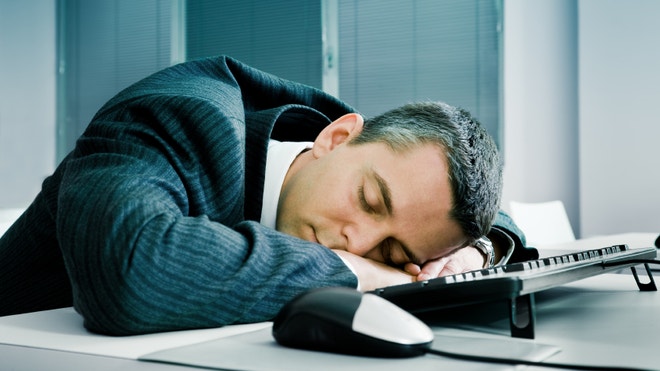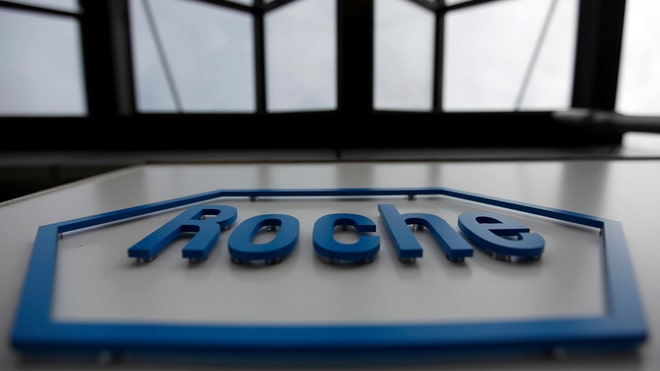
More strain at work might mean more illness in old age, according to a new study from Finland. The study found both physical and mental job strain were tied to hospital stays later in life.
Mental job strain can come from tight deadlines, high demands and having little control over one’s work. Physical strain includes sweating, breathlessness and muscle strain.
“Job strain is something that is individually perceived, so persons working in similar jobs can report different amounts of job strain,” lead researcher Mikaela von Bonsdorff said. “When talking about job strain it is important to remember that occasional feelings of job strain are not necessarily a bad thing, but persistent high job strain has been identified as a health hazard.”
Recent studies have linked long-term job strain to lower functioning that lasts into old age, added von Bonsdorff. She is a gerontology researcher at the University of Jyväskylä in Finland.
The new findings come from a study of more than 5,000 middle-aged Finnish public sector employees who were initially surveyed about stress at work in 1981.
The researchers combined that information with data from national hospital records spanning the next 28 years.
With higher strain in midlife, days in the hospital tended to increase, especially for physical strain.
For instance, for every 1,000 men with low physical job strain, about eight days were spent in inpatient hospital care every year, on average. That compared to almost 13 days for every 1,000 men with high physical job strain, according to findings published in Age and Ageing.
“What was interesting was that these associations were clear also when we looked at hospital care that took place after the individuals had turned 65, indicating that these associations were also robust in older age and not that the association was due to hospital care that took place immediately after the baseline assessment of job strain,” von Bonsdorff said.
For both men and women, hospital days increased as physical strain increased. But for mental strain, the link was only clear among men.
“Job strain of some sort can occur in basically any type of employment,” Loretta Platts told Reuters Health.
“Although physical job strain is confined to certain sorts of occupations, such as manual occupations or low-level service occupations like being an electrician, caretaker, driver, builder, cleaner, waiter, waitress, cook or shop assistant,” she said.
Platts is a doctoral candidate at Imperial College London. She studies how various factors influence quality of life after retirement and was not involved in the new research.
“The mechanism might be the development of musculoskeletal disorders from high physical strain jobs, which are often irreversible and painful, and can lead to osteoarthritis, a leading cause of hospital admissions in older people,” Platts said. “In addition, immobility can be related to weight gain, which in turn leads to heart failure, high blood pressure and diabetes.”
Mental strain has been linked to heart disease, another cause of hospital stays.
Still, the study can’t prove that job strain causes poor health and more hospital stays, Platts pointed out.
High-strain jobs might be undesirable for many people, so it’s possible people working those kinds of jobs were unable to get less stressful jobs for an unknown, but relevant, reason. That reason could also be connected to their healthcare use.
It’s also possible that 28 years later, the people spending the most time in hospitals happened to think more negatively about their work in 1981, she said.
“This study was only of public sector employees and came from a country with a very developed welfare state. The consequences for people working in the private sector and in countries with less generous welfare states are likely to be worse,” Platts said. “The public sector in Finland is probably a best-case scenario.
Source: GMA News











